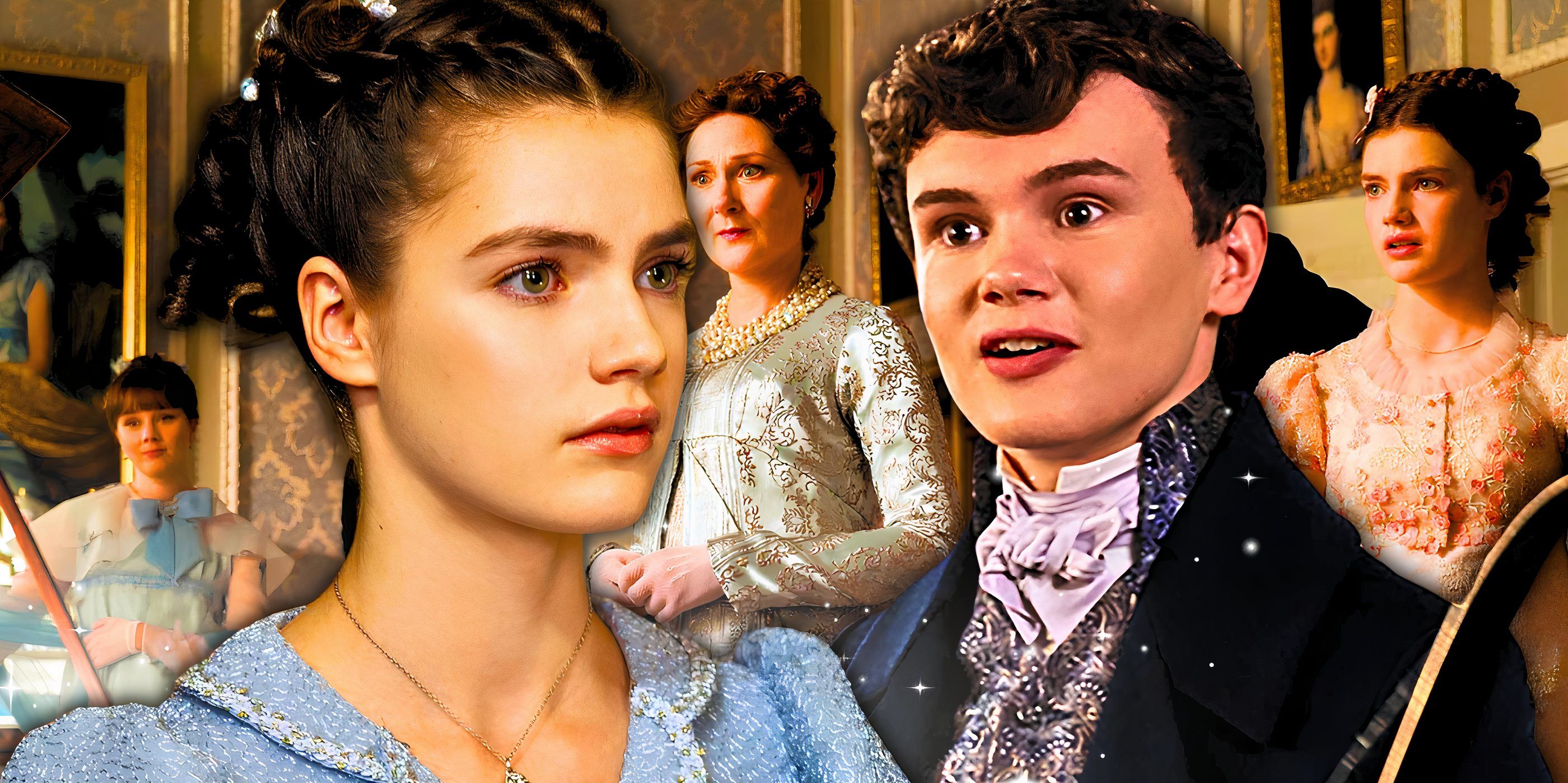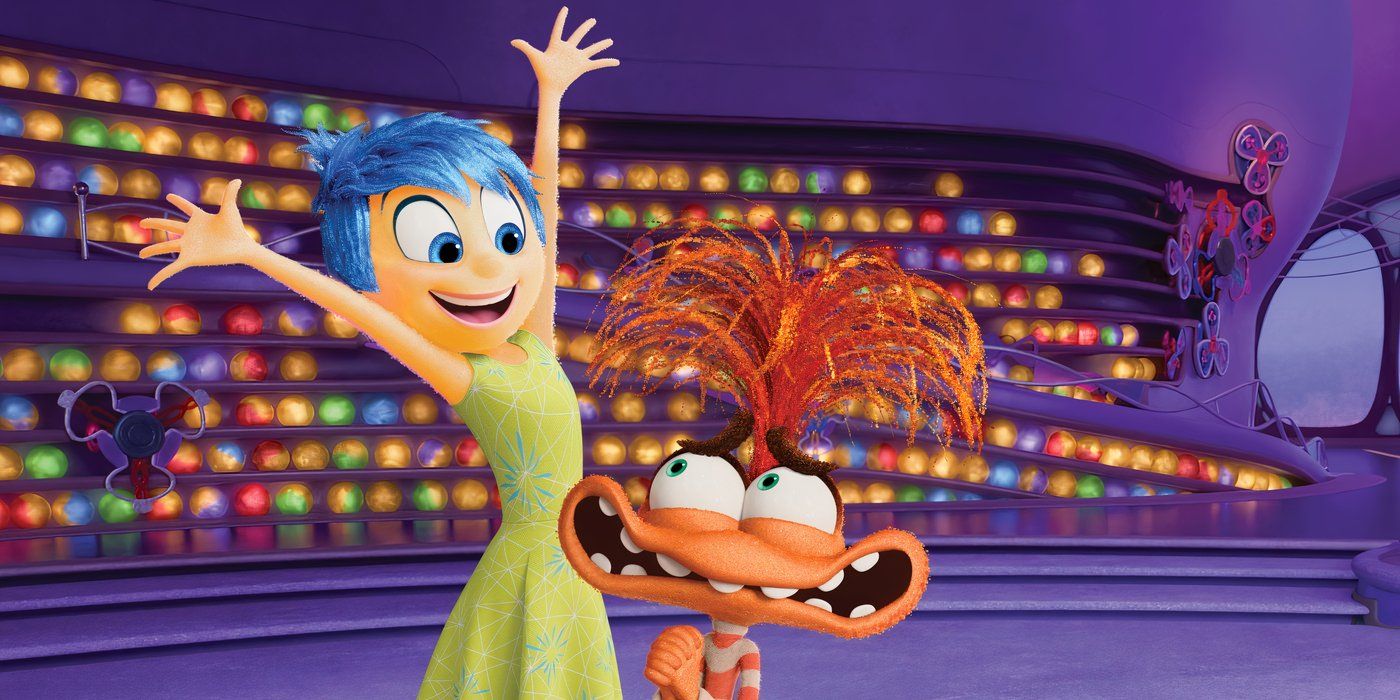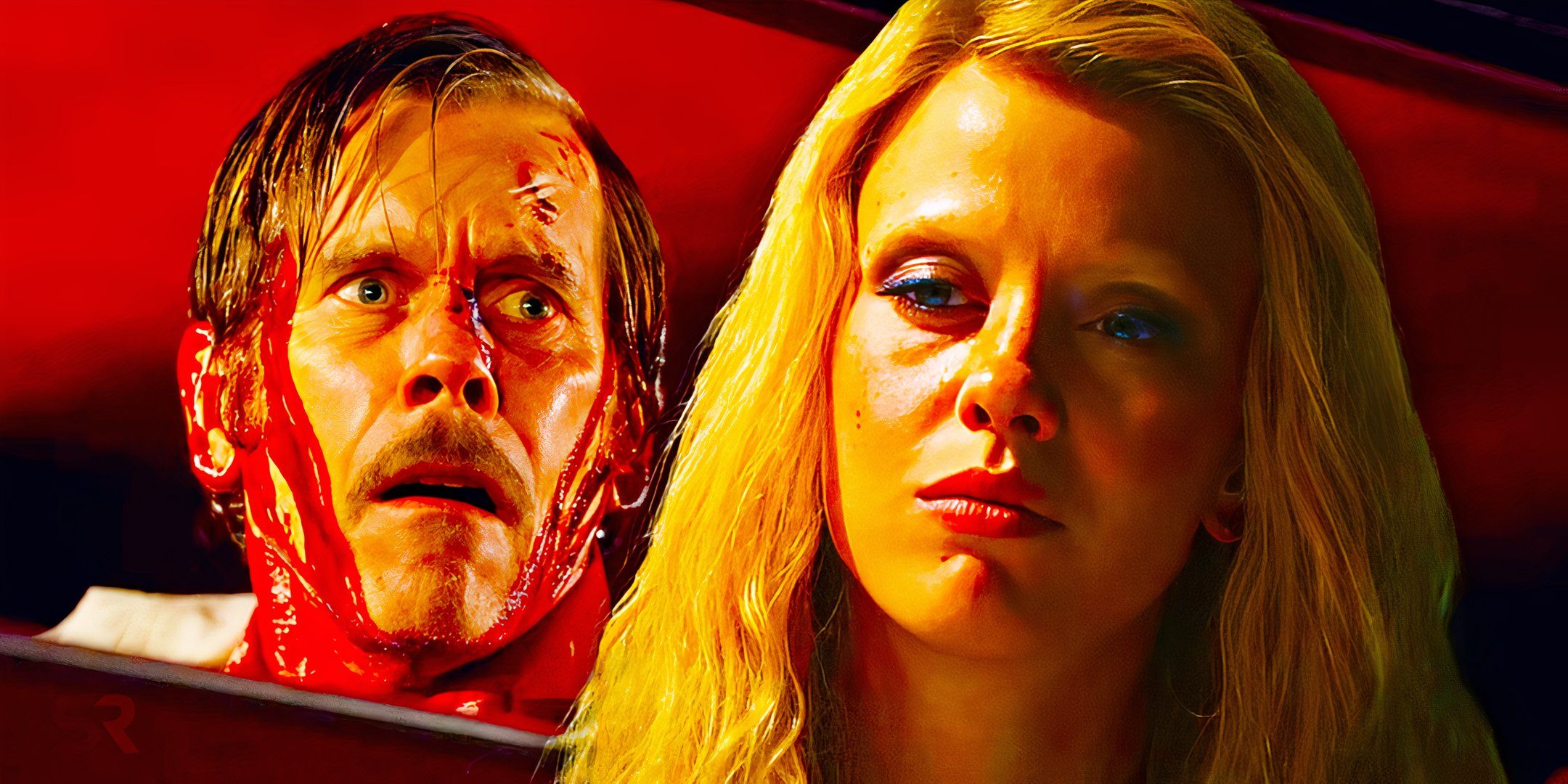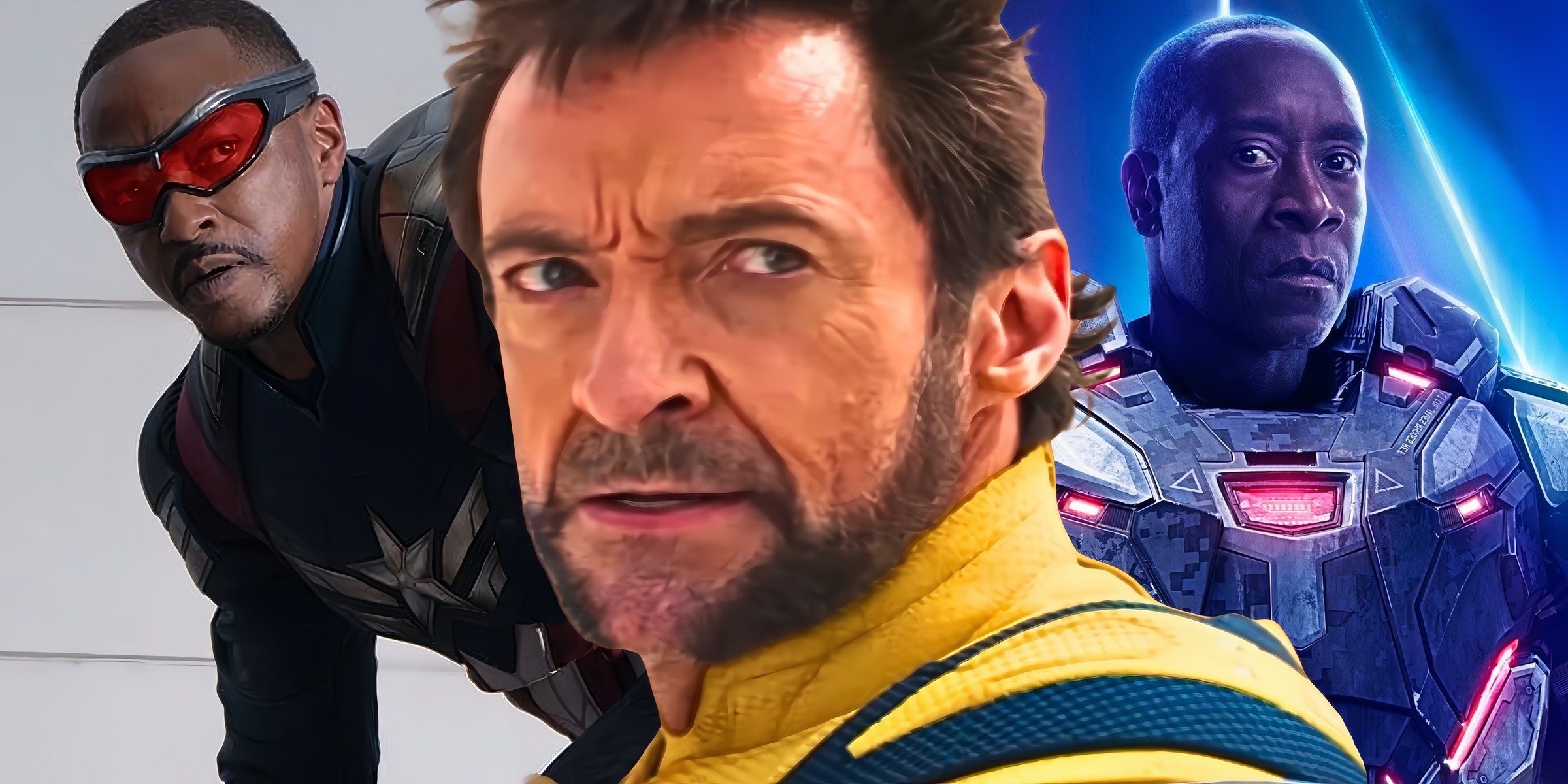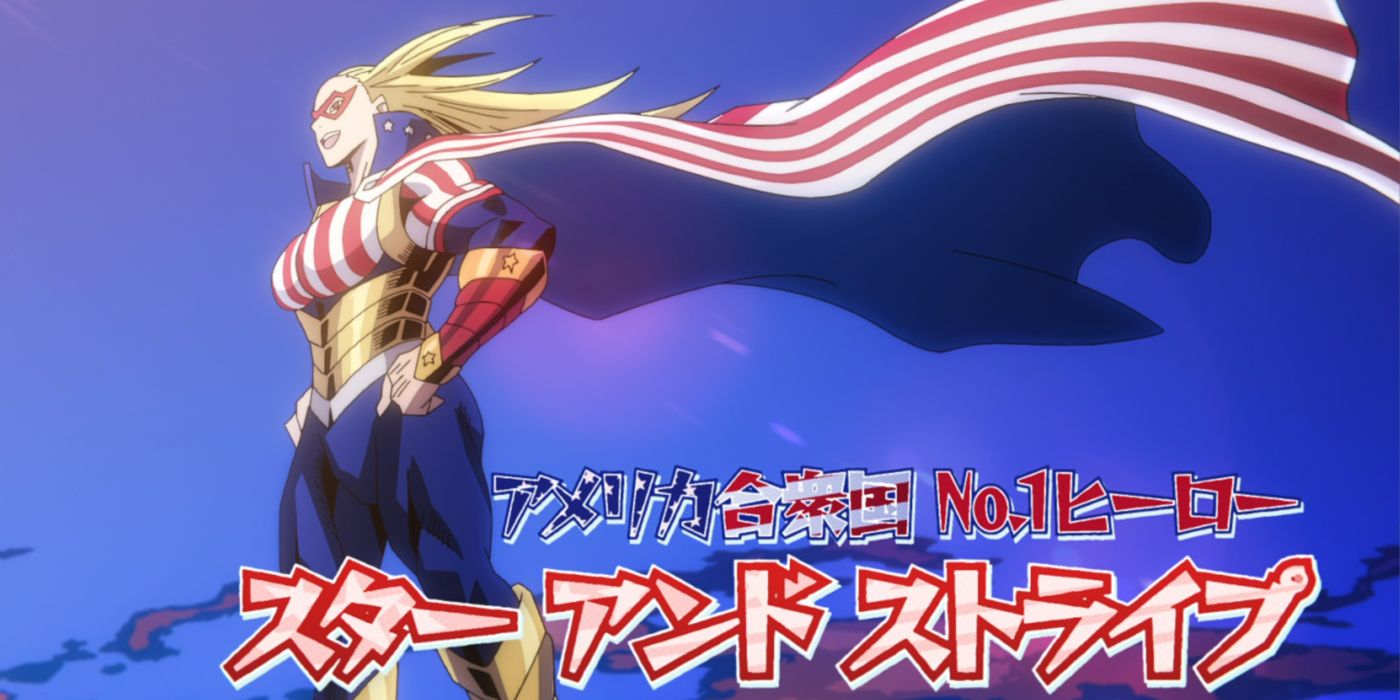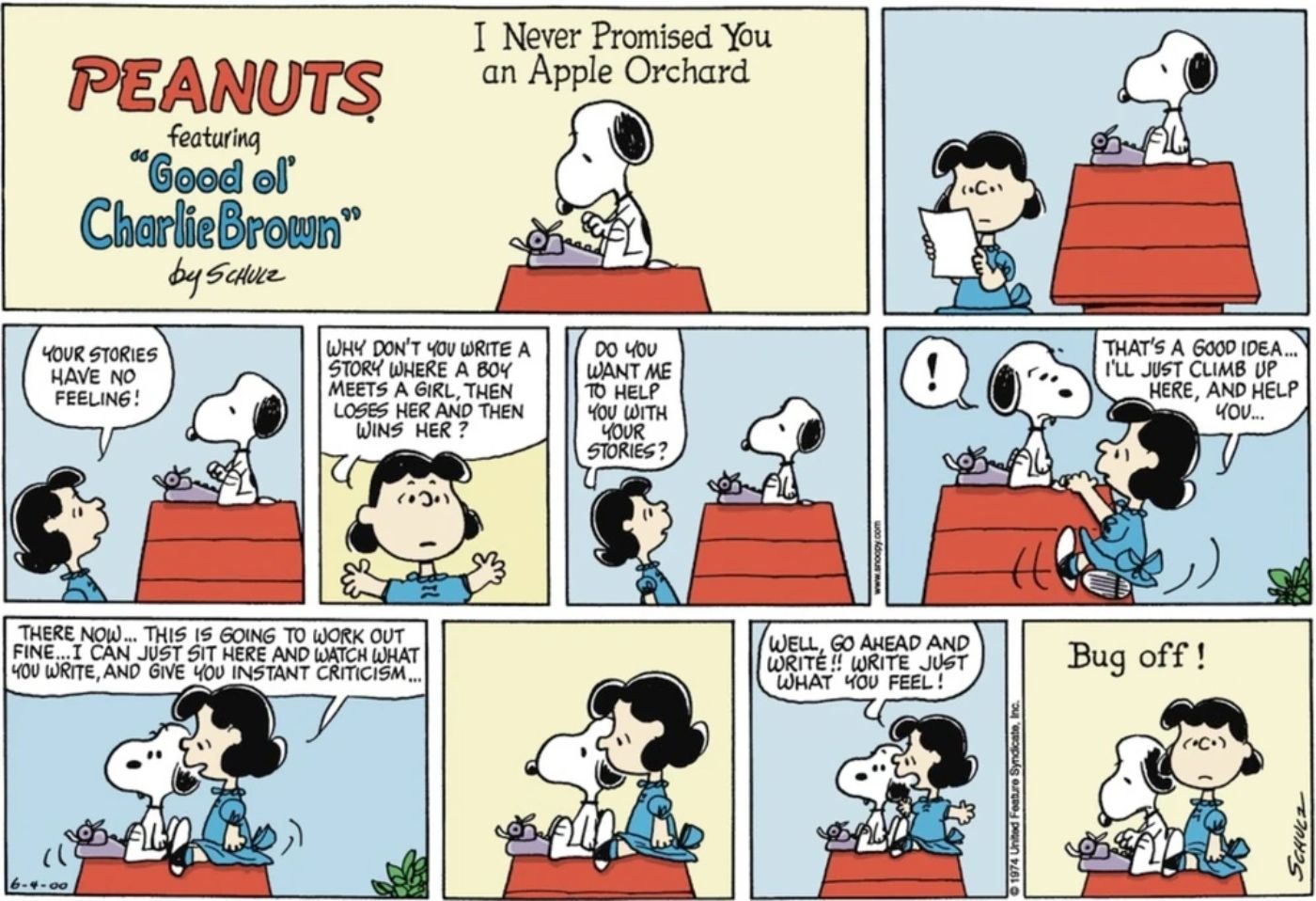Fame is fleeting, as the saying goes, and plenty of talented musicians struggle to stay in the spotlight. That said, most struggle just to build fanbases and stand out from their contemporaries. One great method of earning notoriety, of course, is to have a song included in a hit movie, though that’s easier said than done.
Still, these bands managed to gain fame after a brush with Hollywood. Be they small acts that exploded onto the national stage or previously-famous groups who furthered their influence thanks to film, these artists proved how lucrative movies can be for musicians.
Survivor (Rocky 3)
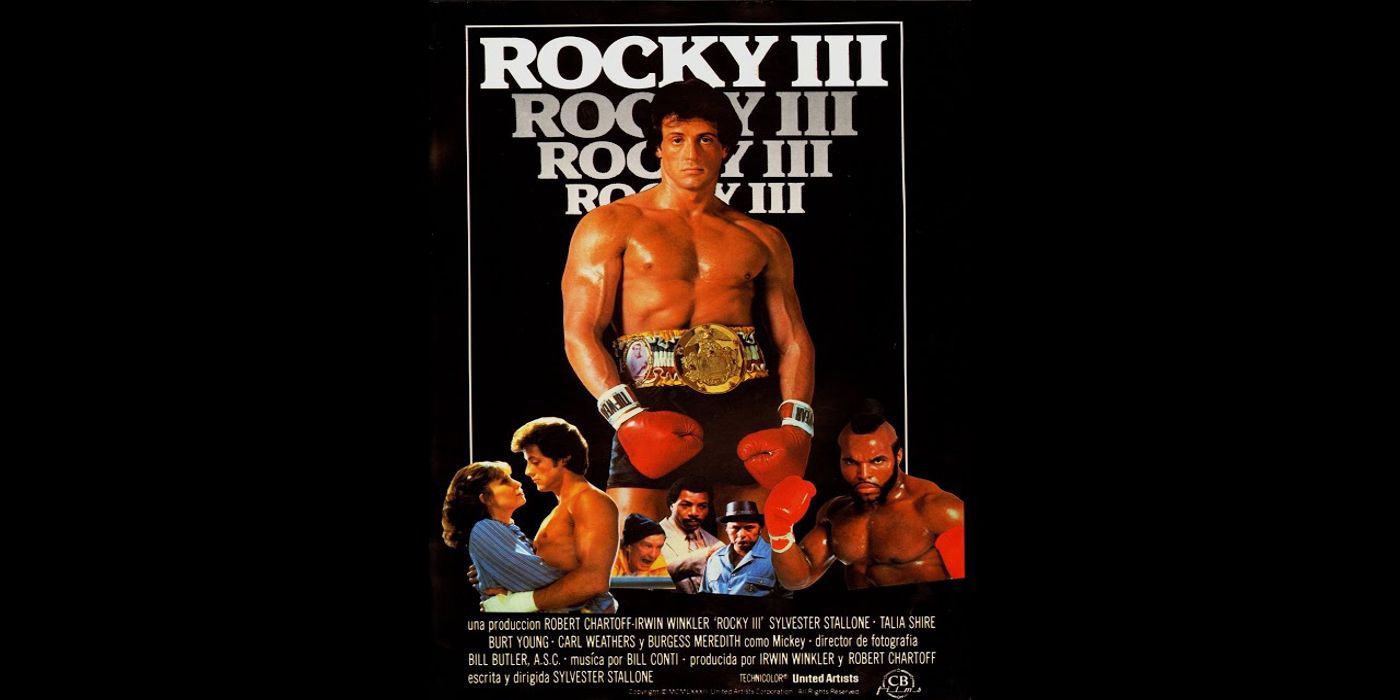
By 1982, the Rocky formula had gone a bit stale, and, while Sylvester Stallone was convincing as ever, the third film received mixed reviews upon release. That said, it went on to be one of the most influential installments in the series thanks in part to a soundtrack that prominently featured the hit “Eye of the Tiger” by rock band Survivor.
“Eye of the Tiger” would go on to be certified double-platinum and launch Survivor into the pop culture stratosphere, and, to this day, it’s still closely associated with sports montages. Interestingly enough, the filmmakers originally wanted to use Queen’s “Another One Bites The Dust” but were denied permission to do so by the band.
Bee Gees (Saturday Night Fever)
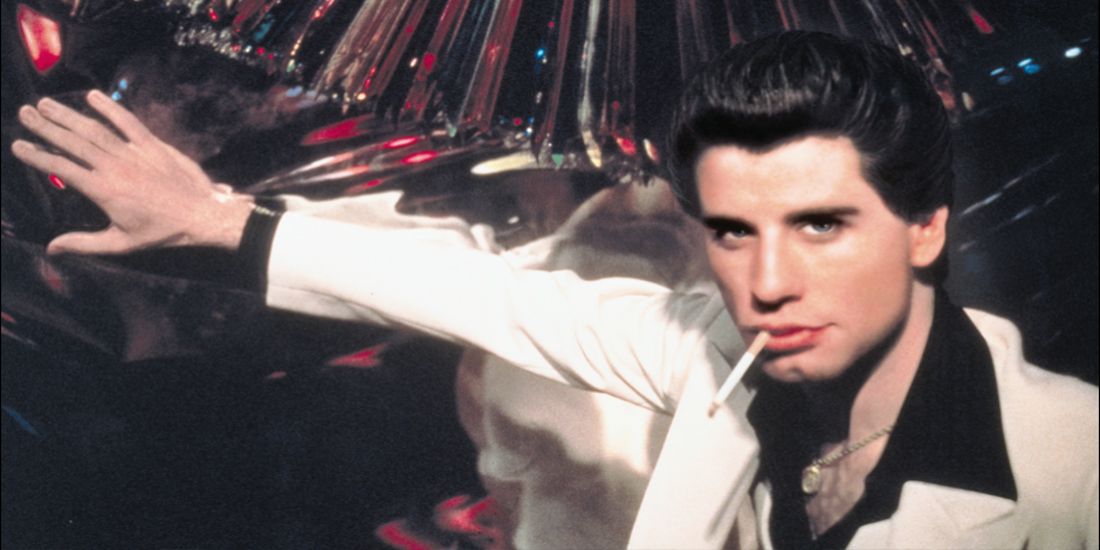
Formed in 1958, Bee Gees had already established themselves as a well-respected disco group by the mid-1970s, but the group would cement themselves as musical icons thanks to their 1977 track “Stayin’ Alive” which was written for the film Saturday Night Fever. The John Travolta vehicle would be irrevocably tied to the disco scene, but, though that fad faded, the Bee Gees legend did not.
Inducted into the Rock and Roll Hall of Fame in 1997, Bee Gees are today celebrated as one of the most commercially successful musical groups of all time, and much of that can be attributed to Saturday Night Fever.
Simon & Garfunkel (The Graduate)
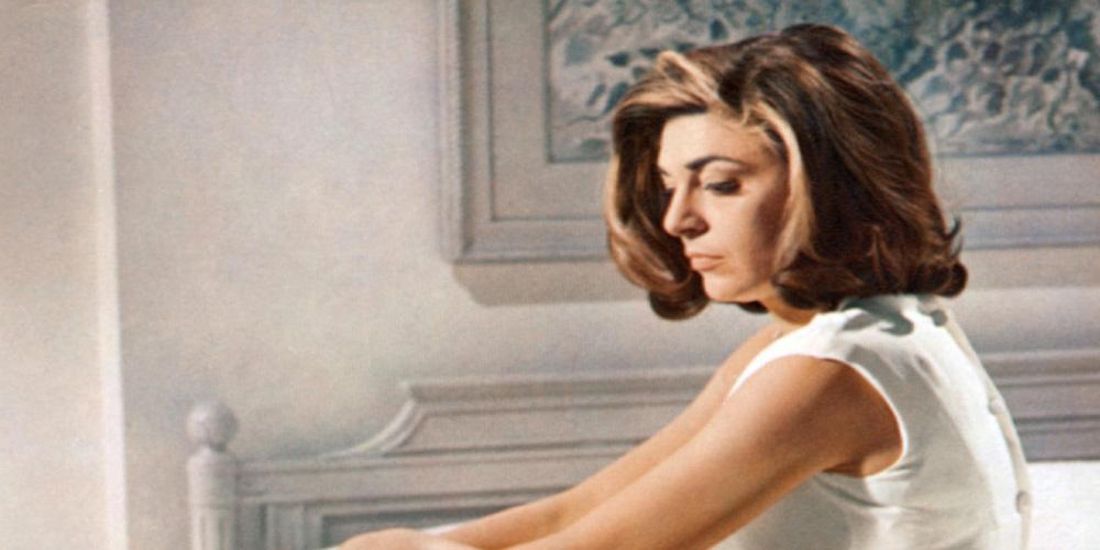
Paul Simon and Art Garfunkel formed Simon & Garfunkle in 1953 when the two were still in elementary school, and they first gained notoriety after a revised version of “The Sound of Silence” became a Billboard chart-topper in 1965. However, their audience and influence would grow exponentially in 1967 when their song “Mrs. Robinson” appeared in the Mike Nichols-directed romantic drama The Graduate.
The group would go on to be recognized as one of the most culturally relevant musical acts of the century, and, in 2010, Simon and Garfunkel were fortieth on Rolling Stone‘s list of the greatest artists of all time.
Simple Minds (The Breakfast Club)
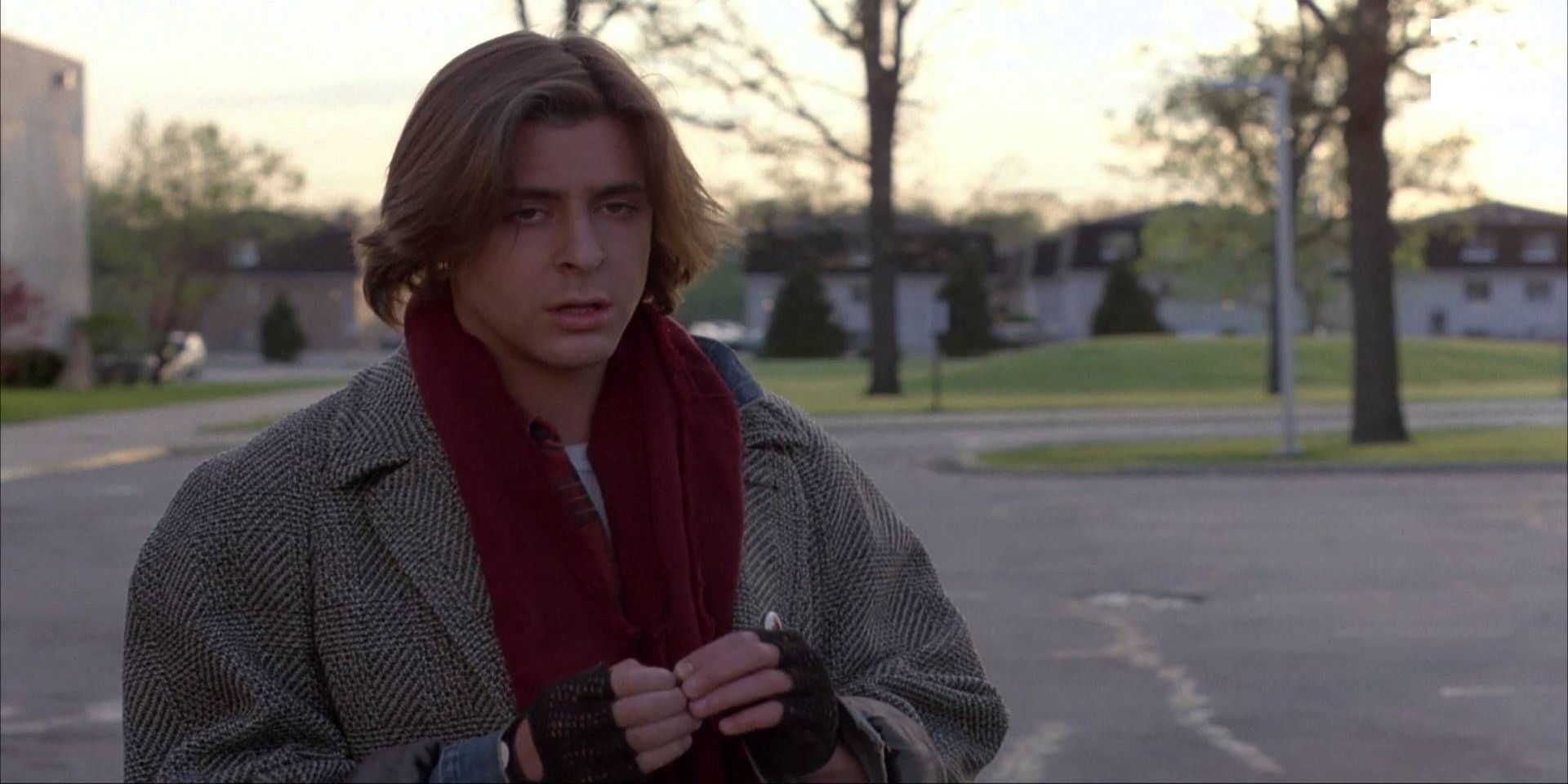
One of the most lauded coming-of-age films of all time, The Breakfast Club explores a day in the lives of five very different high school students. Tasked with writing a thousand-word essay about who they think they are, the group examines their character flaws, grow close, and turn the assignment into a memorable rebuke of the school’s vice-principal.
What made the film truly memorable, however, was the inclusion of Simple Minds’ hit single “Don’t You (Forget About Me).” A track that defined that decade and made tangible a nation’s teen angst, “Don’t You (Forget About Me)” brought international success to a band that was already pretty well known in their native territory.
Steppenwolf (Easy Rider)
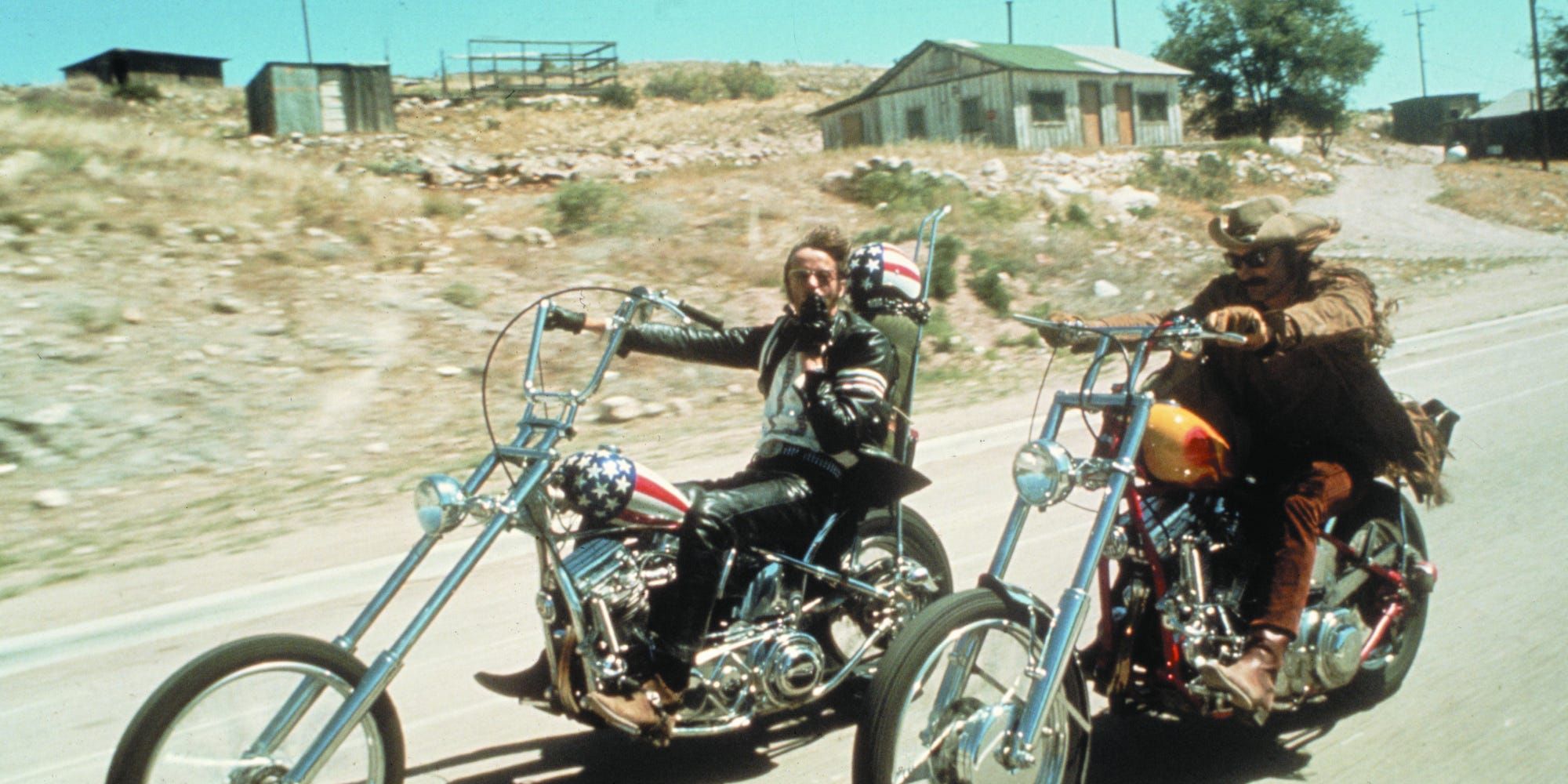
Formed in 1965 as The Sparrows, Steppenwolf would attain worldwide fame after the release of the 1969 counterculture film Easy Rider which utilized their song “Born To Be Wild,” the third single from their 1968 self-titled album.
Though Steppenwolf broke up and reformed many times throughout the band’s decades-long career, “Born to Be Wild” would remain an enduring counter-culture anthem that still receives quite a bit of play today. No other song is more closely-associated with motorcycle culture, and that has everything to do with Easy Rider.
Cannibal Corpse (Ace Ventura: Pet Detective)
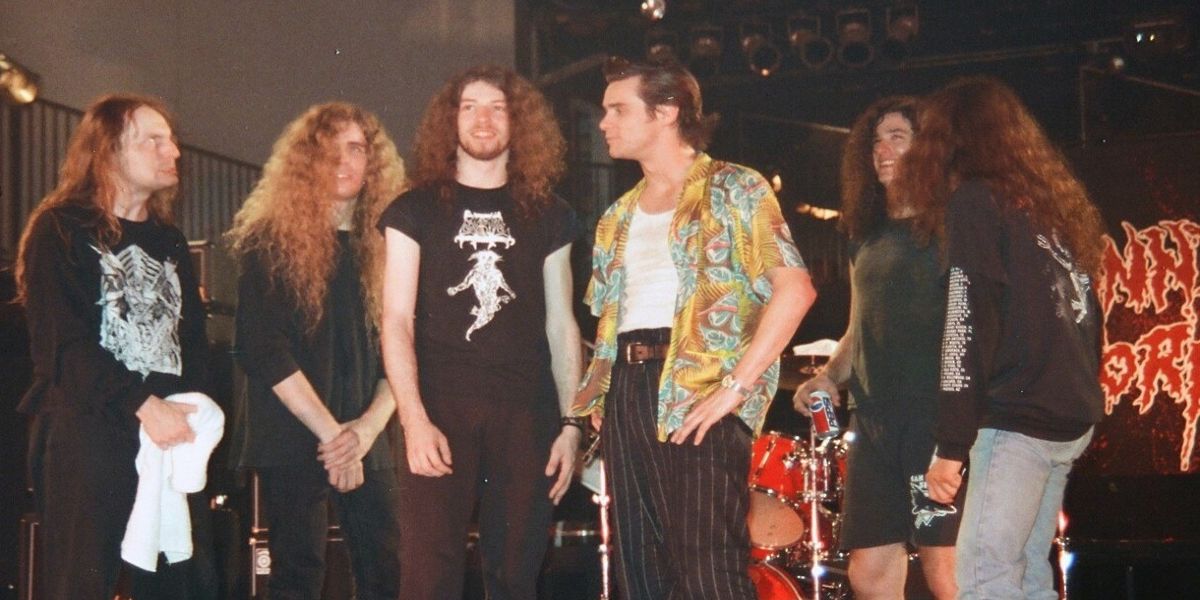
Some belief Steppenwolf to have coined the term “heavy metal,” but, by the early 90s, the term “heavy” had a whole new meaning. Formed in 1988, Cannibal Corpse would quickly become the biggest name in death metal, but much of their popularity can be attributed to a cameo in the Jim Carrey comedy flick Ace Ventura: Pet Detective.
Seen performing their bestial hit “Hammer Smashed Face,” Carey’s character is seen prancing around the mosh pit and joining the band on stage to perform his style of guttural vocals. Strange to think that such an extreme band would appear in an otherwise family-friendly film.
The Beach Boys (Cocktail)
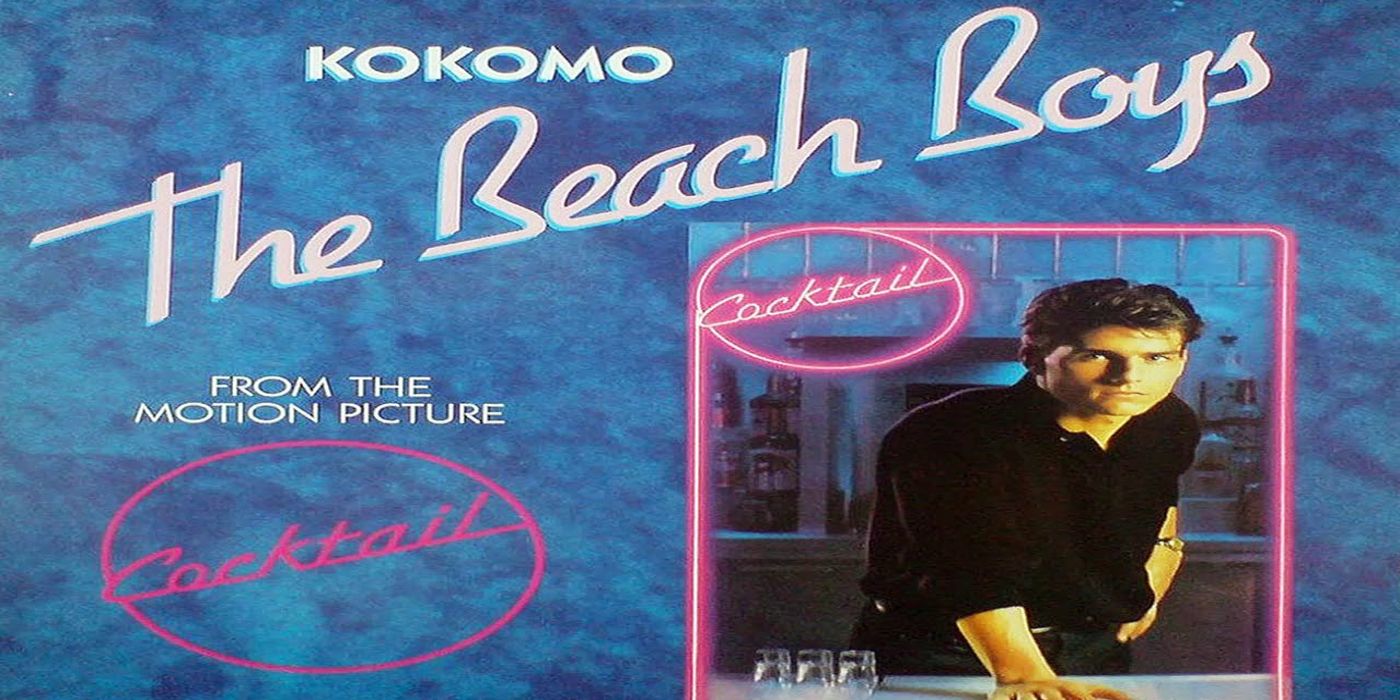
Formed in the early 1960s, The Beach Boys became staples of surf rock and laid claim to the Billboard Hot 100 with hits like “Surfin’ Safari” and “Sufrin’ USA.” However, by the late 1970s, the group would once again slip into irrelevance.
However, The Beach Boys earned an unexpected chart-topping spot in 1988 with “Kokomo,” a track that received quite a bit of attention thanks to its inclusion in the film Cocktail. It was the band’s first number-one hit in 22 years, and “Still Crusin’,” the album on which it appeared, would eventually go platinum.
Public Enemy (Do The Right Thing)
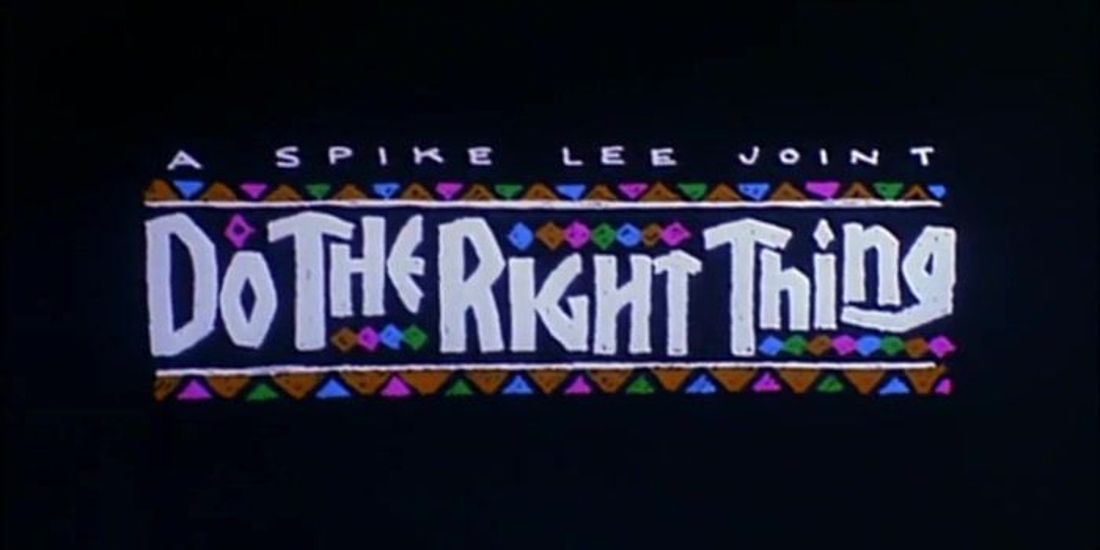
Influential hip hop group Public Enemy attained fame early on in their career, with their debut release “Yo! Bum Rush The Show” earning quite a bit of notoriety in 1987. However, their fame would grow considerably in 1989 with the release of Spike Lee’s Do The Right Thing, stylish yet heavy exploration of racial tensions in the United States which prominently featured the track “Fight the Power.”
Public Enemy may well have eventually earned an equal amount of acclaim on their own, but their involvement in Do The Right Thing hastened the group’s already growing popularity, and Public Enemy would later go down as one of the most important hip hop groups of all time.
Judy Garland (The Wizard Of Oz)
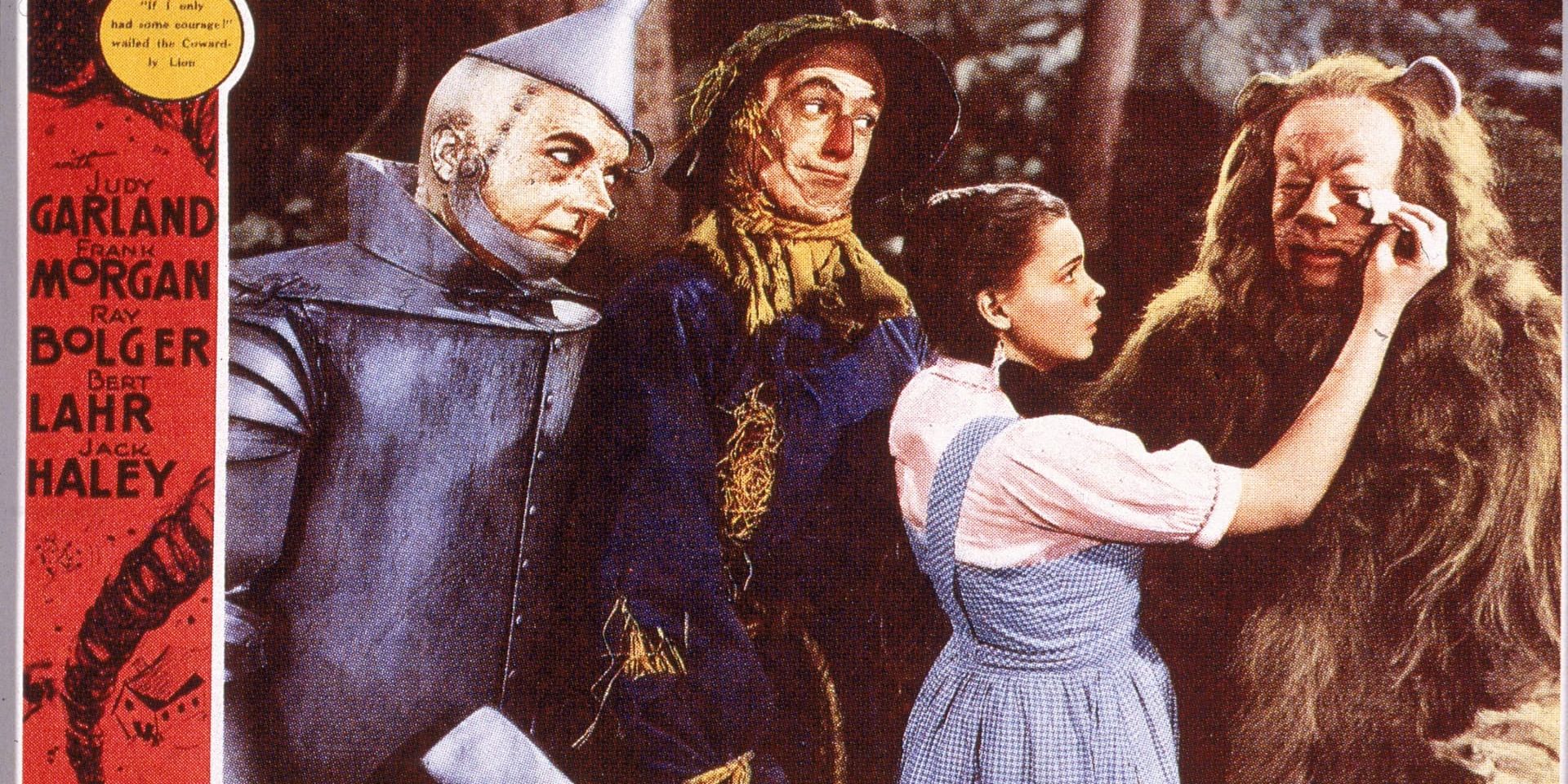
Judy Garland has already attained enough fame in her teen years to earn the attention of MGM, but she wouldn’t become a national icon until she donned the famed ruby-red slippers in her starring role as Dorothy in the 1939 film adaptation of The Wizard Of Oz.
Today, she’s primarily remembered as an actress, but the song “Over The Rainbow” also earned her a fair amount of acclaim as a singer. Later in her career, she would perform on television and in vaunted venues such as Carnegie Hall, and, in 1997, she posthumously received a Grammy Lifetime Achievement Award.
Smash Mouth (Shrek)
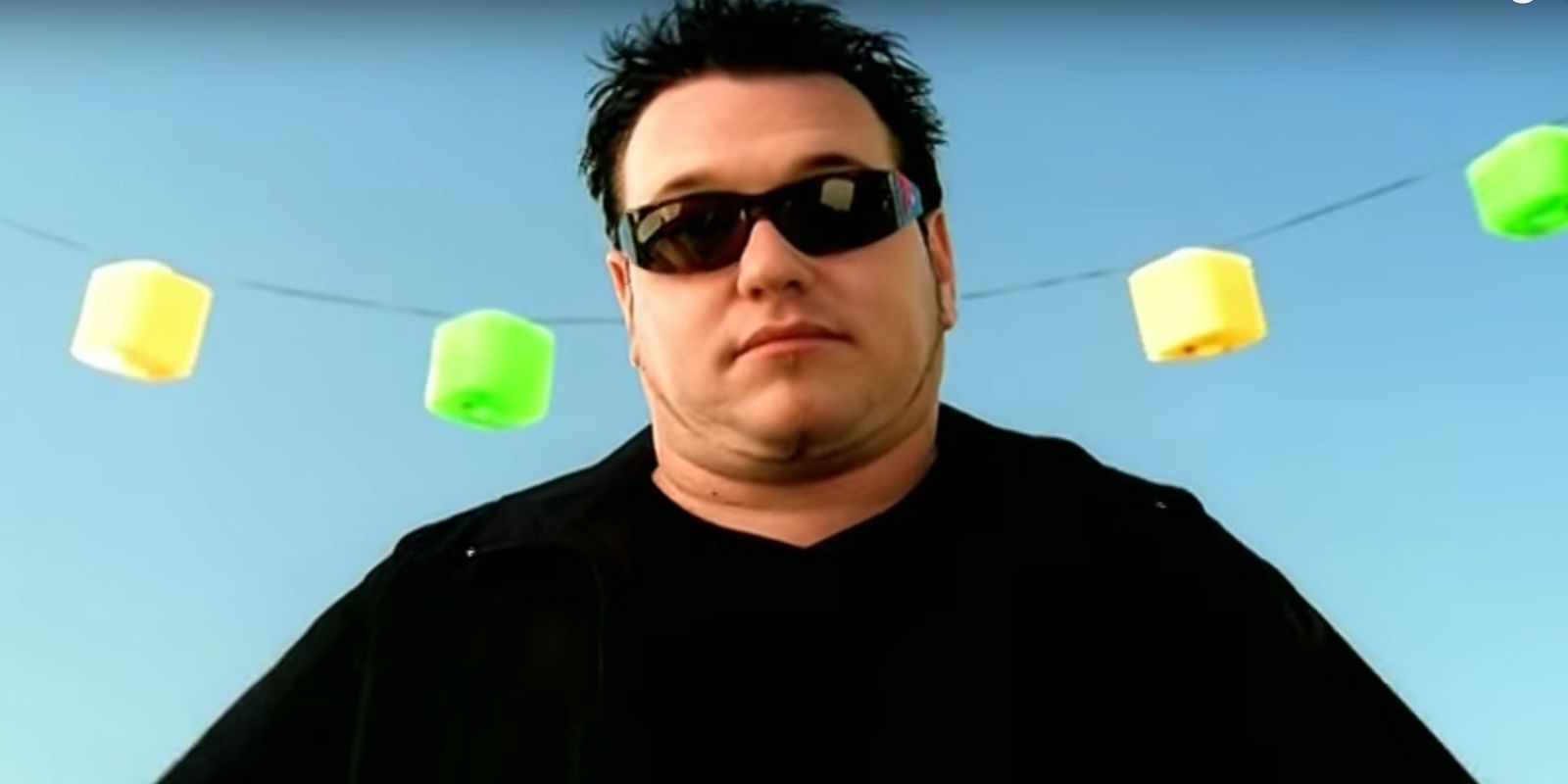
One of the bands that came to typify turn-of-the-century alternative rock, Smash Mouth had established a not-inconsiderable profile by 2000, with hits like “Walkin’ on the Sun” earning quite a bit of attention.
However, the group would never have earned the enduring fame they enjoy today were it not for the 2001 DreamWorks animated movie Shrek. A satirical lambasting of Disney’s penchant for fantasy, Shrek‘s introductory credits were juxtaposed with the upbeat yet slightly sardonic track “All Star.” This would become Smash Mouth’s defacto hit, and it’s celebrated today as an essential piece of early-2000s pop culture.
